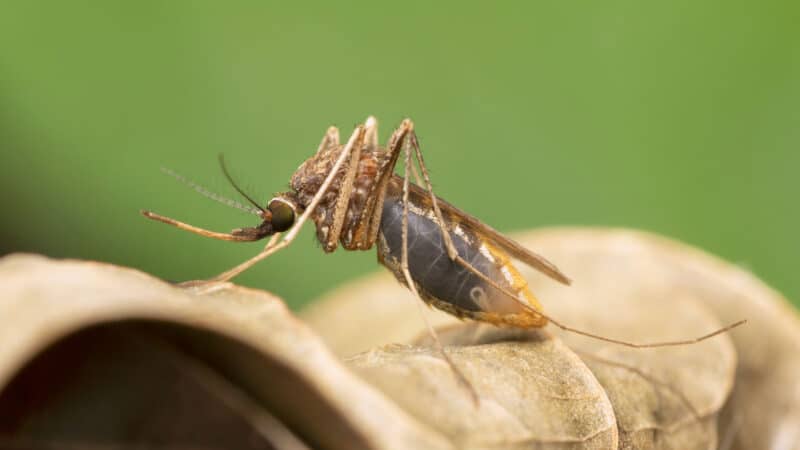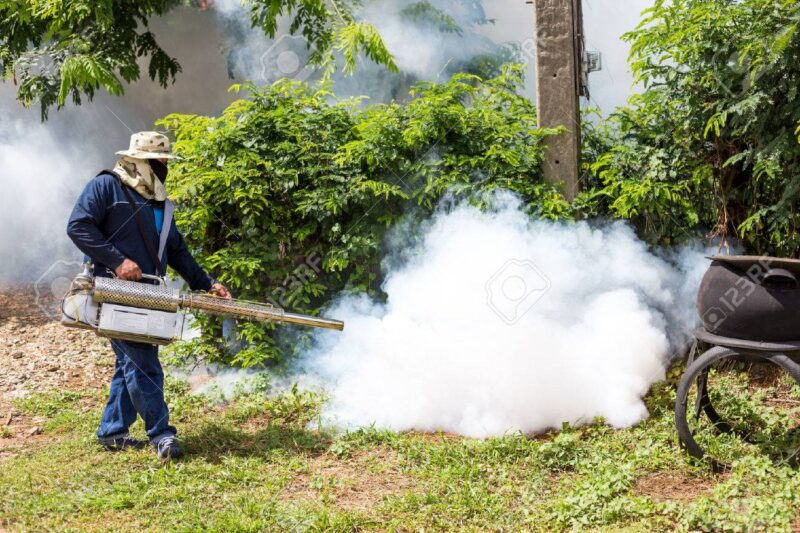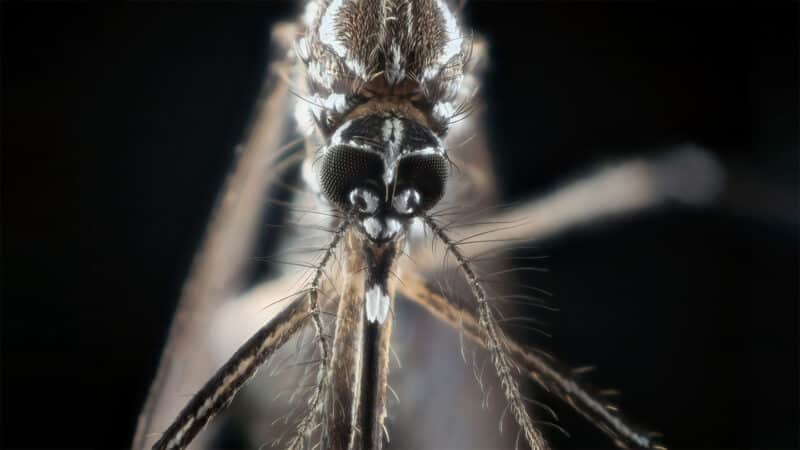Even one mosquito is very hard to kill. This kind of situation can be frustrating and unsafe. Even if you do kill one, there are more that will replace it. When they bite, you are at risk of contracting serious diseases. But why are mosquitoes difficult and even impossible to eliminate?

Great Numbers
There are many ideal breeding places on Earth. That is why the population of mosquitoes is increasing drastically despite the many control methods available. Mosquitoes like damp areas and stagnant water. These are good places for female mosquitoes to lay their eggs. The wrigglers hatch out and stay in these places until they mature.
A mosquito often breeds more in the evening. That is why you should make your property less attractive. This is possible by cleaning out your shed, garage, and lawn. Removing standing water and dead leaves from your property can eliminate the breeding areas of these mosquitoes. Make sure that you cover your recyclables and trash as well.

Each female mosquito can lay about 250 eggs at one time. Laying eggs will be up to three times for a female mosquito. It will only take 48 to 72 hours for these eggs to hatch. Before long, these wrigglers will become egg-producing adult mosquitoes as well. Imagine 250 female mosquitoes in a little puddle of an old tire. A single mosquito could conquer an entire community in no time.
The rate of reproduction and the number of viable eggs produced each time make them impossible to get rid of. Even now, a mosquito is still one of the deadliest animals in the world. The diseases they transmit can cause deformities or even death. Battling mosquitoes involves using effective repellents like those containing DEET or picaridin.
The Impossible Task of Killing a Mosquito
It is difficult to accept, but it is not possible to remove mosquitoes from the face of the earth. Although many experts are striving to do the job, many scientists believe that this is just a waste of time. Research shows that scientists do not believe that they can get rid of every mosquito. Even if the mosquito-killing efforts of cities and countries are significant, there will always be a tiny population that is more than enough to recover their numbers.

Back in the 50s and 60s, Latin America took on the task of eradicating the Aedes aegypti mosquito. This species spreads dengue, Zika, yellow fever, and chikungunya. Pouring out stagnant water from their containers and spraying DDT on a huge scale was the plan. But even if they did all these and more, the mosquitoes came back through shipping vessels from Africa and Asia.
The U.S. cannot do what Latin America did because the Environmental Protection Agency (EPA) banned the use of DDT because of its negative effects on human health and the environment. Another issue is the resistance every mosquito is developing. Each one can still survive to mate, lay eggs, and bite more people and animals.

A mosquito can adapt, survive, and thrive in any place that has favorable conditions for its species. That is why they can never be eliminated. They are now resistant to many insecticides. That is why the most reasonable thing to do is to repel them. Regular yard cleaning is one of the most effective ways to remove mosquito breeding places. Keeping your window and door screens intact can also protect you from bites.